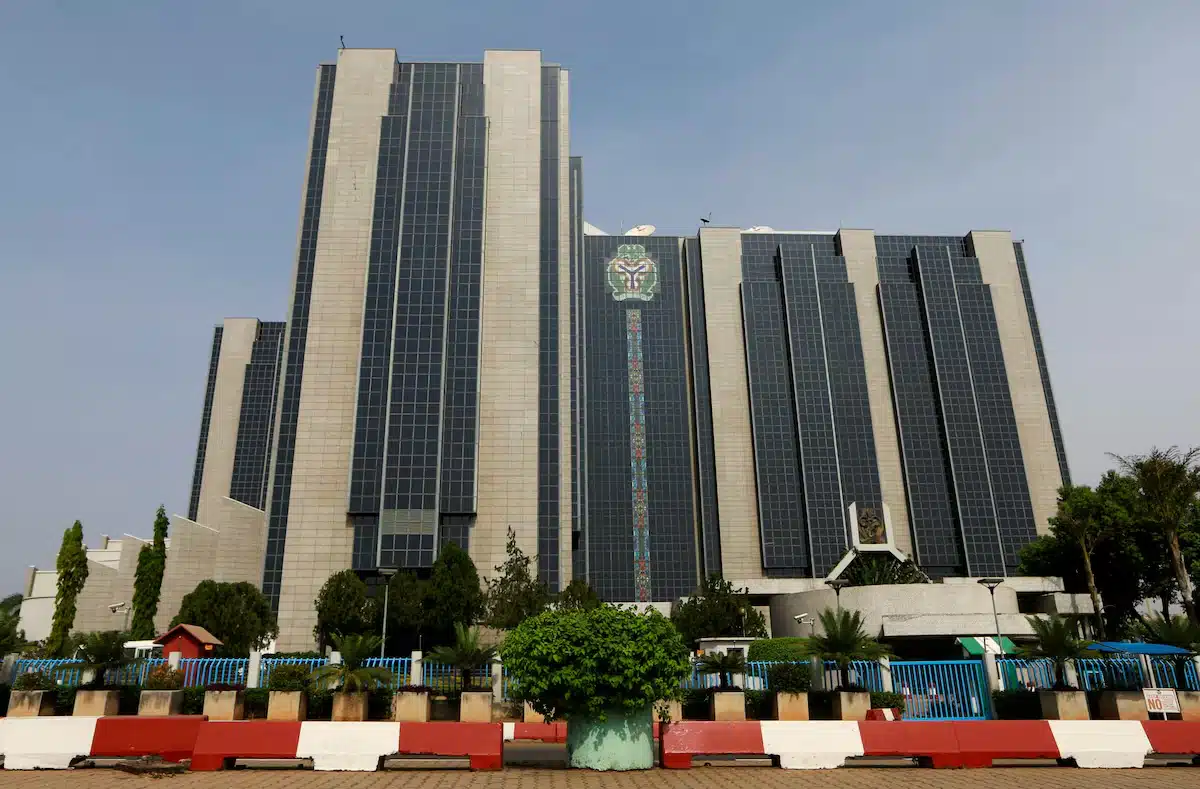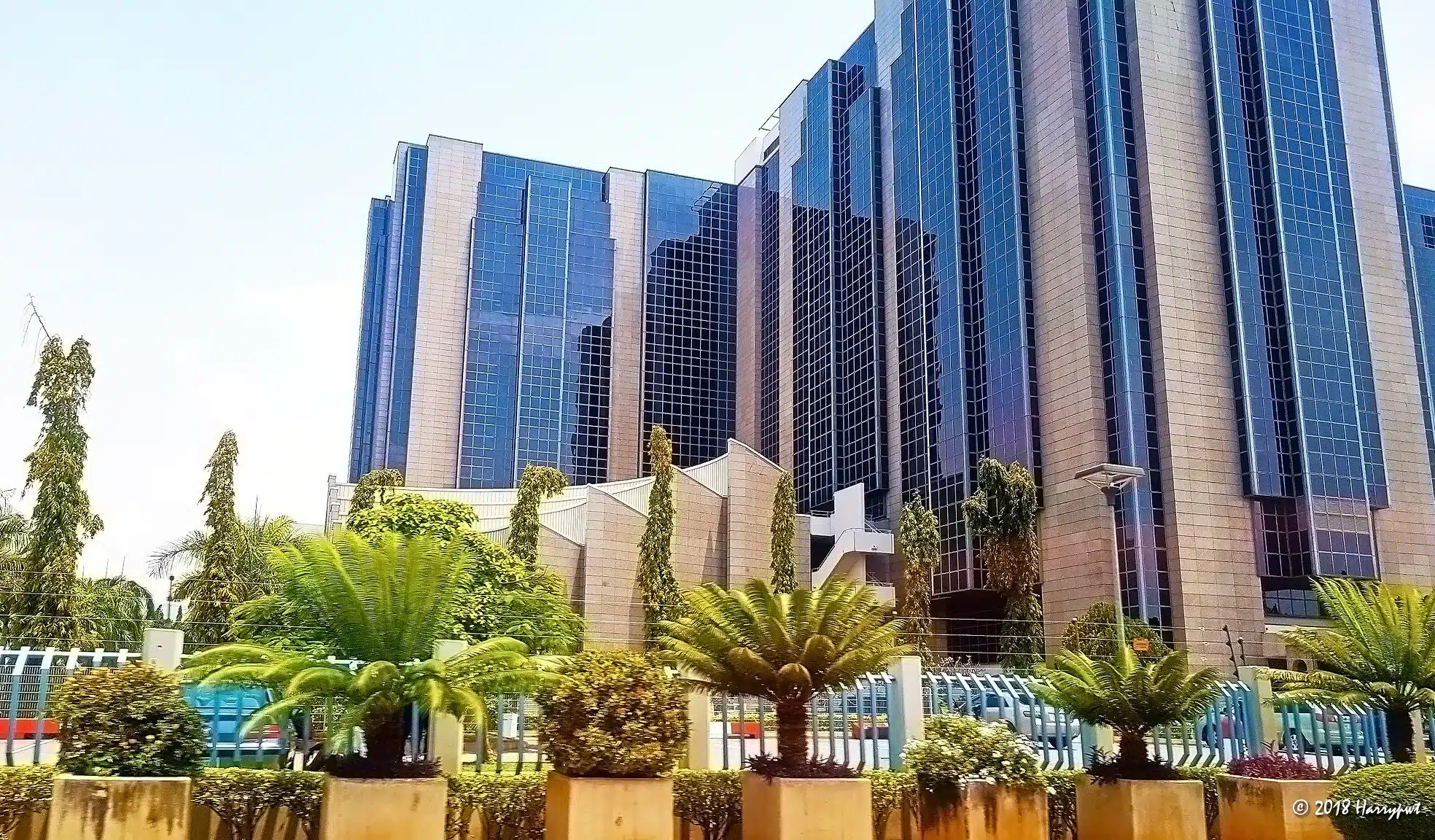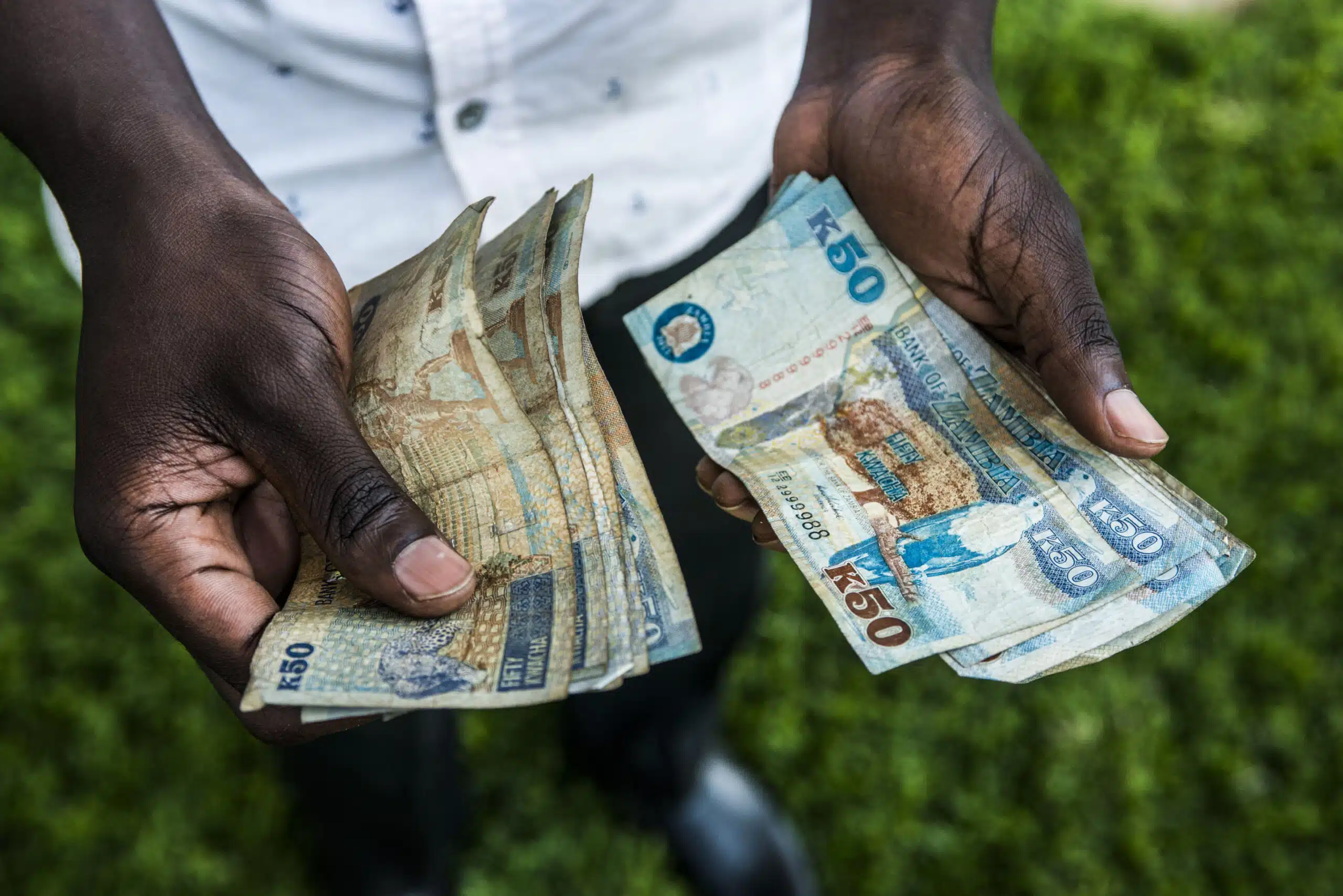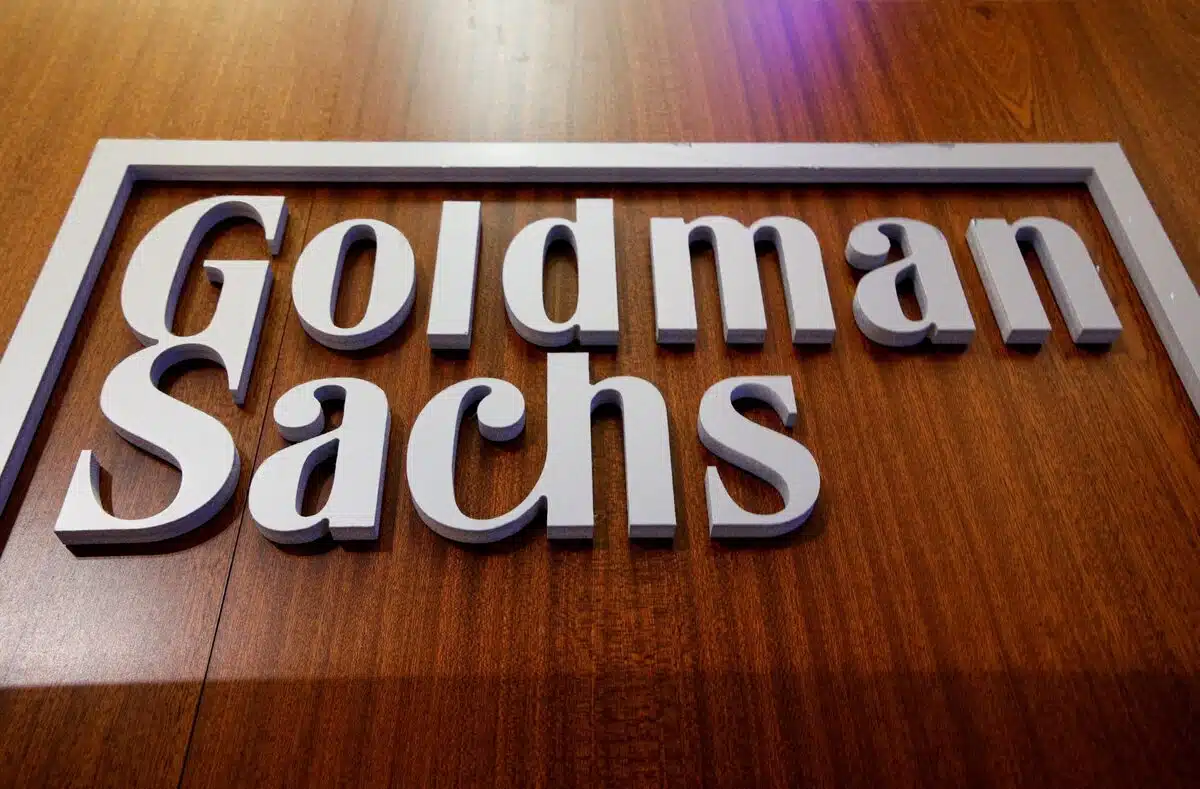The Central Bank of Egypt (CBE) has lowered its overnight deposit rate for the fourth consecutive time this year to 21%, marking the lowest level since August 2023 when the benchmark rate was set at 19.2%, a statement from the bank revealed on Thursday.
The 100 basis point (bps) cut was loosely in step with market expectations and follows a steady decline in inflation since mid-year. Consumer prices dropped 1.9 percentage points to 12% in August, mainly driven by a sharp slowdown in food inflation to a four-year low.
The CBE’s Monetary Policy Committee also reduced the overnight lending rate to 22%, and cut both the main operation rate and discount rate to 21.5%.
The MPC said the decision reflected the recent disinflation trend and projections of continued moderation in price growth in the near term. The forecast was supported by the economy’s current growth trajectory.
In the second quarter of the year, Gross Domestic Product grew by 5% up from 4.8% in the previous period. The robust performance lifted full-year growth to about 4.4% in full year 2024/25, exceeding the 4.2% target, driven by tourism and non-oil manufacturing sectors.
However, upside risks to non-food inflation, planned fiscal measures and escalating geopolitical tensions within the region could stoke prices.
“Accordingly, headline inflation is forecasted to average around 14 percent in 2025, converging toward the CBE target range in Q4 2026,” the CBE statement said.
Stronger Pound
A recent rebound of the Egyptian pound also gave room for monetary policy easing. The currency has strengthened by 5% since January, trading almost a year low of EGP 48.2/$1 in September.
The pound’s gains came on the back of significant improvements in the country’s external position. Net foreign assets in the banking system soared to $18.5 billion in July, marking a 24% month-on-month increase and more than triple the level recorded in January.
During the same period, worker remittances also climbed, rising 19% to $3.8 billion, reflecting growing confidence in Egypt’s foreign currency liquidity. By August, net foreign reserves had increased by 5% to $49.3 billion year-to-date.
Last month, Fitch, a global credit rating agency, commended the recent performance of the Egyptian pound against the US dollar, noting that the currency’s marked improvement reflects greater stability in the country’s economic conditions.
The agency projected that the Egyptian pound will remain stable in the near term, thereby reducing the risk of exchange rate volatility against the dollar and providing importers and international companies operating in Egypt with greater clarity and more predictable planning horizons.
Regional peers
The CBE’s latest move mirrors that of its counterpart in Nigeria, where the benchmark lending rate was lowered for the first time in five years. The Central Bank of Nigeria slashed borrowing costs by 50bps to 27% during its fourth MPC meeting in September amid sustained disinflation.
On the other side of the continent, the South Africa Reserve Bank opted to leave its key interest rate unchanged at 7% as inflation risks persisted.
Egypt’s central bank stressed that it will continue to adjust its policy as needed to support price stability and steer inflation towards its 2026 target range of 5-7%.
However, analysts expect a pause in the easing cycle as the government moves ahead with planned fuel price hikes later this month, risking some traction inflation. The outcome of the reform and its bearing on price growth is likely to weigh on the CBE’s decision at its next MPC meeting scheduled for November 20.











